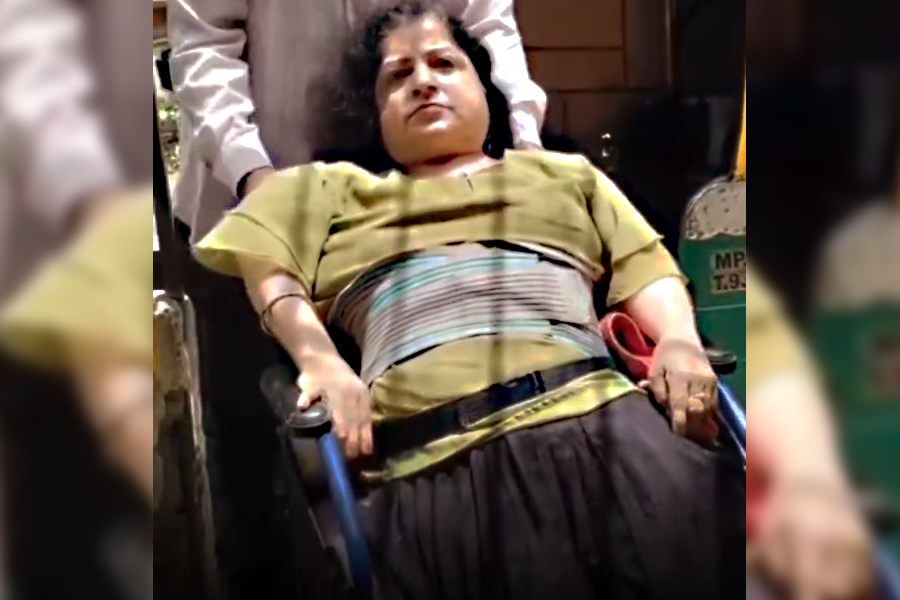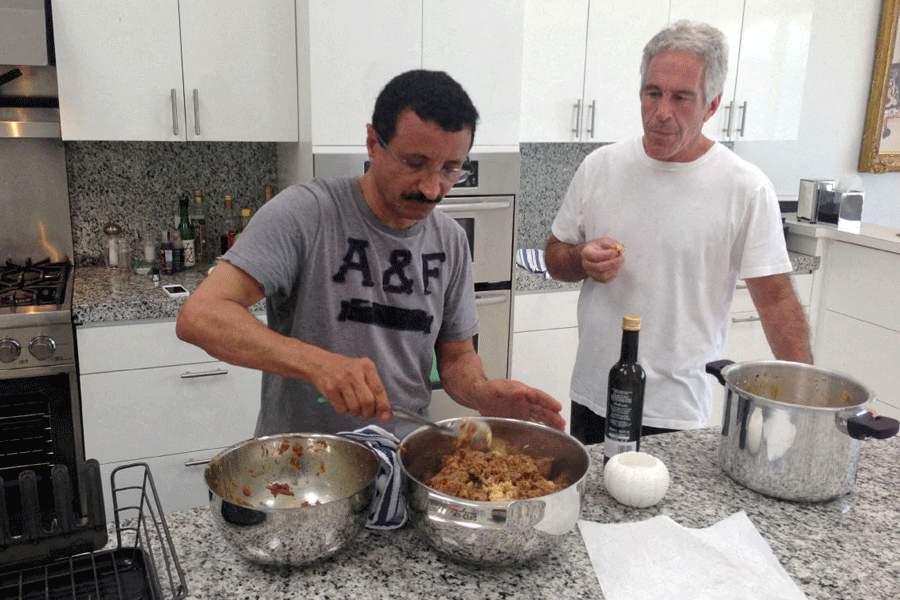Every morning, Kumari Chandrakanta Jethani wheels herself into a government school classroom in Indore. For the next 7 to 8 hours, she teaches students while fighting a body that no longer wants to cooperate. Paralysed, in severe and constant pain, she says she can no longer go on.
And now, in a desperate plea, Jethani has written to President Droupadi Murmu asking for permission to undergo euthanasia.
“I will not commit suicide because I teach my students to live with courage. But my body no longer supports me.", Jethani wrote to the President accrding to a Times of India report.
Jethani, who is confined to a wheelchair, blames her condition on wrong medication given during a hospital stay. After that incident, she was sent to an ashram, where the situation allegedly worsened.
“My organs are not of use for me but more valuable than the Kohinoor diamond if they can restore someone’s sight or save a life", she said.
Despite this, she has continued showing up every day to teach. Over the years, she has donated her property for the welfare of school children.
She has also pledged her body and organs to MGM Medical College. But now, she says, she has reached the limit of endurance.
A question of rights, life and dignity
India’s legal stance on euthanasia remains complex. While active euthanasia (involving a direct act like administering a lethal injection) is still illegal and would require new legislation, passive euthanasia where life-support is withdrawn, is permitted under strict guidelines.
The distinction was first drawn in Gian Kaur v. State of Punjab (1996), where the Supreme Court ruled that the ‘right to die’ is not part of the constitutional right to life.
That changed somewhat in 2011 with the Aruna Shanbaug case.
Shanbaug, a nurse who had been in a vegetative state for 42 years after being assaulted in 1973, was at the centre of a historic petition. Journalist Pinki Virani had approached the court on her behalf, calling her prolonged suffering a violation of her right to dignity.
The Supreme Court ultimately denied active euthanasia in her case, but for the first time, allowed passive euthanasia in extreme situations, under the supervision of the High Court and with support from doctors and family.
In 2018, in the Common Cause judgment, the Supreme Court allowed people to make “living wills,” enabling those suffering from terminal illness or in a vegetative state to opt for passive euthanasia. The court clarified that until Parliament brings a law, this judgment would serve as the legal framework.
But what Jethani is asking for is still unclear.
'Is this life worth living anymore?'
In her appeal, Jethani described the agony of surviving, not living. She said her daily existence was filled with "unbearable pain" and that her body no longer had the strength to continue.
I go through excruciating pain every day", she said.
Her case has opened a fresh debate...can compassion ever override the current legal limits? Can someone who is not in a vegetative state, but living a life of extreme physical suffering and neglect, be granted a right to end it?
Under current Indian law, even with her wish in writing, Jethani cannot legally be administered any active intervention to end her life.
Without a legislative framework, such a decision would fall outside the judiciary’s current permissions.










